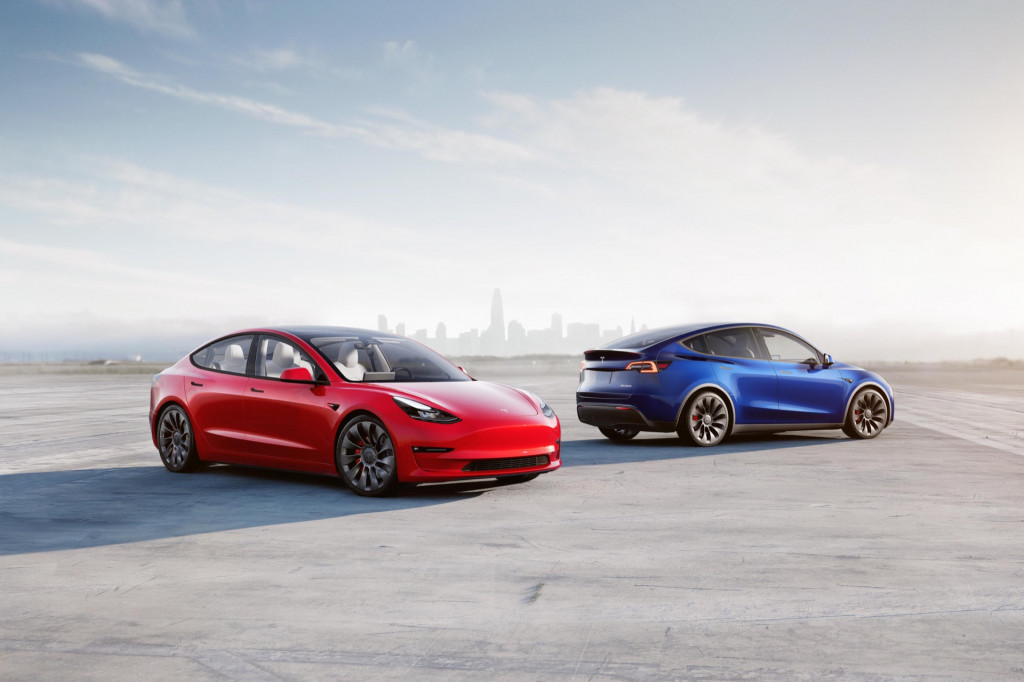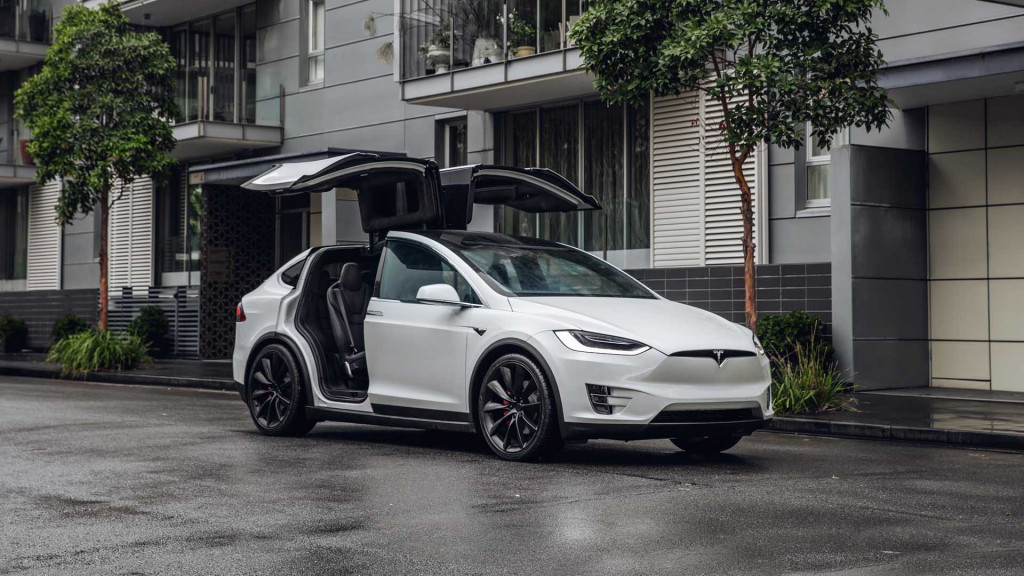South Korea’s antitrust regulator has hit Tesla with a 2.85 billion won ($2.2 million) fine for allegedly minimizing the impact of cold weather on range, Reuters reported Tuesday.
The Korea Fair Trade Commission (KFTC) said Tesla had overstated “driving ranges of its cars on a single charge, their fuel cost-effectiveness compared to gasoline vehicles as well as the performance of its Superchargers” on its official South Korean website from August 2019 until recently.

2022 Tesla lineup (Courtesy of Tesla, Inc.)
The KFTC said that, while the ranges of Tesla EVs can decrease up to 50.5% in cold weather from the advertised figures, Tesla’s website doesn’t mention range loss in cold weather.
This follows a 2021 finding by Citizens United for Consumer Sovereignty, a consumer advocacy group, which found that EVs lost an average 40% of range in cold weather, with Tesla performing the worst, based on South Korean environment ministry data.
All EVs experience some degree of winter driving range drop, although a recent study of vehicles in the U.S. found it varies by model, with Tesla EVs roughly in the middle. While the range drop might not be an inconvenience that will affect owners that much, what they’re more likely to notice is more time spent at the charger.

2020 Tesla Model X
Tesla hasn’t always been perfectly clear with the information presented to consumers on its websites, however.
The automaker for years in the U.S. would present its prices based on theoretical savings projected based on six years and projected national average gas prices. In recent years it’s shifted to a layout that presents the actual price more clearly.
Tesla owners have also found issue with Tesla’s “free charging” and its associated Supercharger fees. One owner in 2021 sued Tesla over the fees, claiming Tesla broke a promise to early owners to provide free Supercharging for life by imposing idle fees for leaving cars at Supercharger stations while they aren’t being charged.







